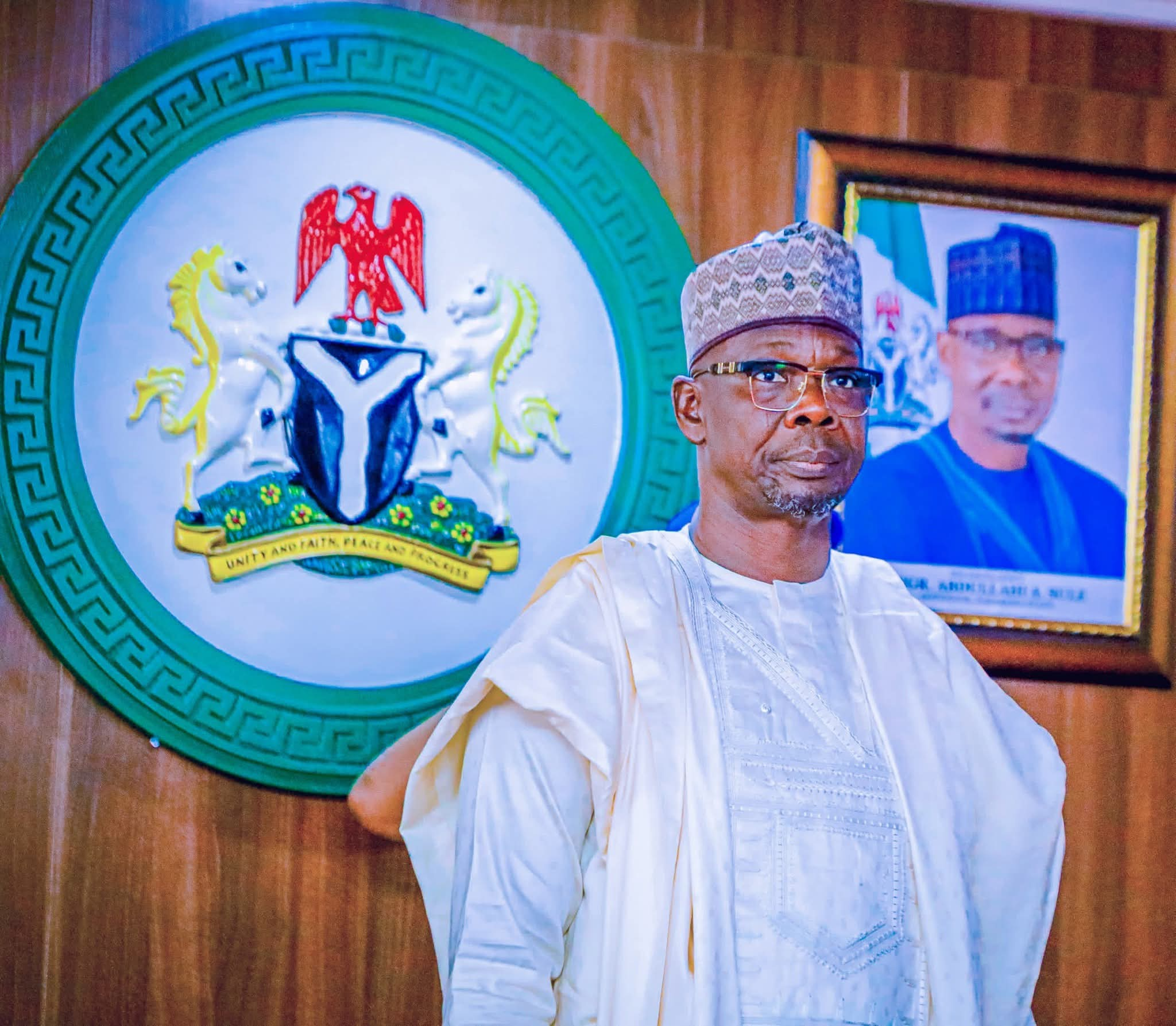By Ruth Dabo
In a major step to reposition the education sector in Nasarawa State, Governor Engr. Abdullahi Alhaji Sule has flagged off the disbursement of the School Improvement Grant (SIG) to 490 public secondary schools under the World Bank-supported Adolescent Girls Initiative for Learning and Empowerment (AGILE) project.
The ceremony, held at Government Science School, Lafia, attracted key stakeholders including traditional rulers, school principals, education officials, development partners, and community leaders.
The SIG intervention is aimed at addressing critical gaps in the delivery of quality secondary education, especially for adolescent girls in underserved communities. Through this grant, public schools across the state will receive funds to renovate and upgrade classrooms, construct gender-sensitive toilet facilities, provide access to clean water, furnish classrooms with desks and chairs, and equip science laboratories and libraries.
The funds will also be used to supply essential learning materials, organize life skills training programs, and strengthen digital learning infrastructure.
In addition, several of the benefiting schools are expected to implement school feeding programs to encourage student attendance and reduce dropout rates, particularly among female students.
Governor Sule, while addressing the gathering, emphasized that the initiative is more than a financial intervention it is a deliberate and strategic investment in the future of the state. He noted that improving access to education for girls is not only a moral obligation but a developmental imperative.
The governor acknowledged the partnership with the World Bank through AGILE and commended the use of the Education Management Information System (EMIS), a digital tool being deployed to track fund utilization, monitor project outcomes, and ensure accountability.
He added that this intervention complements the state’s broader education reform agenda, including the recruitment of qualified teachers and the continuous training of school administrators.
Governor Sule expressed confidence that the initiative would significantly reduce the barriers hindering girls’ education, such as poverty, early marriage, and long-distance travel to school. He urged parents and community leaders to take full ownership of the project and ensure its success at the grassroots level.
Speaking earlier, the Commissioner for Education, Science and Technology, Hajiya Fatu Jimaita Sabo, described the grant as a turning point in Nasarawa’s education sector. She disclosed that school heads had undergone intensive training in financial management, project execution, and monitoring to ensure proper implementation.
She also highlighted that the selection of beneficiary schools was based on rigorous data analysis, needs assessment, and community input.
Representatives from the World Bank and the AGILE Project Implementation Unit praised Nasarawa State for its leadership and commitment to inclusive education. They noted that the AGILE project, which is currently being implemented in 18 states across Nigeria, is designed to increase enrollment, retention, and completion rates among girls in junior and senior secondary schools.
The School Improvement Grant in Nasarawa is expected to benefit over 200,000 students directly, with a long-term impact on academic outcomes, school attendance, and gender equity. Community stakeholders and traditional leaders present at the event pledged their support to protect school facilities, mobilize parents, and monitor the progress of the initiative.
With this bold move, Nasarawa State is taking a significant leap forward in securing the educational future of its children, especially young girls, and laying the foundation for a more inclusive and prosperous society.
Source: Nasarawa State Government
